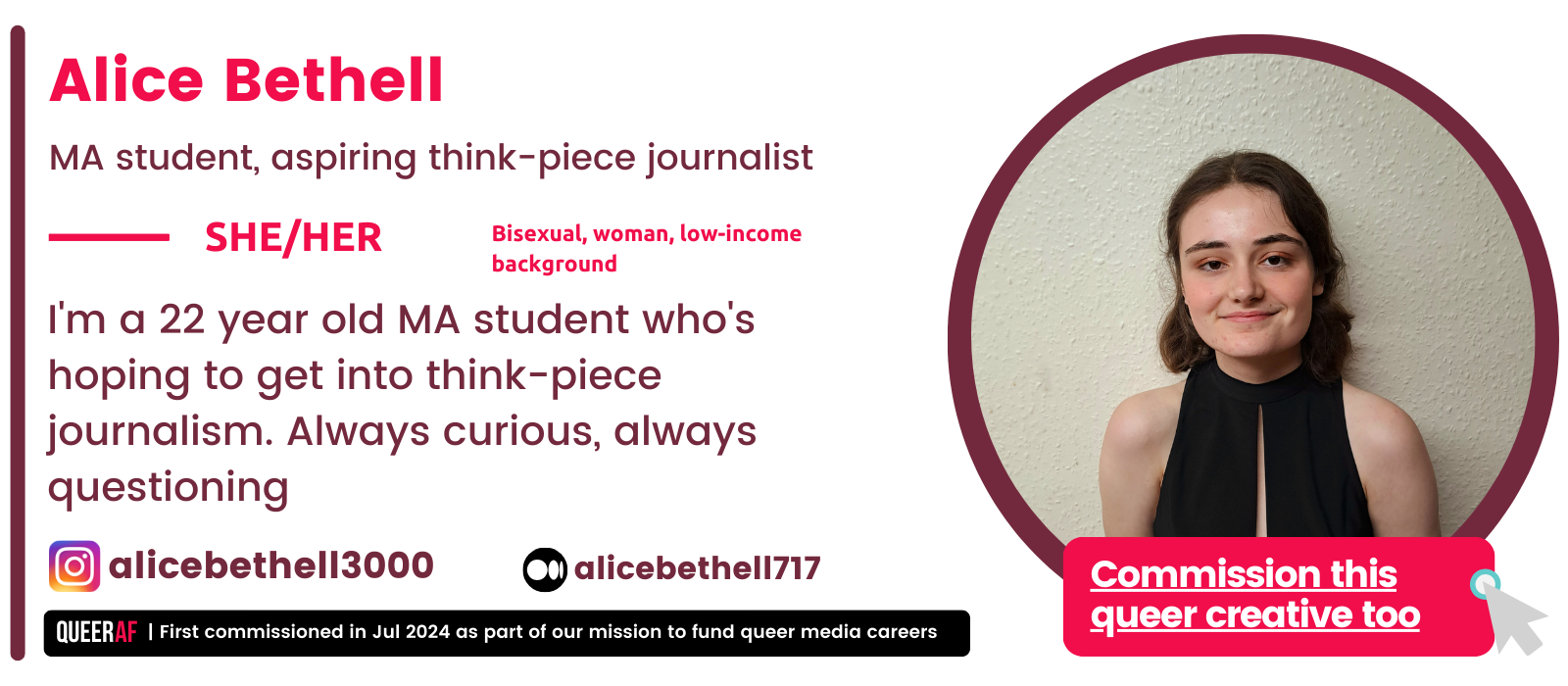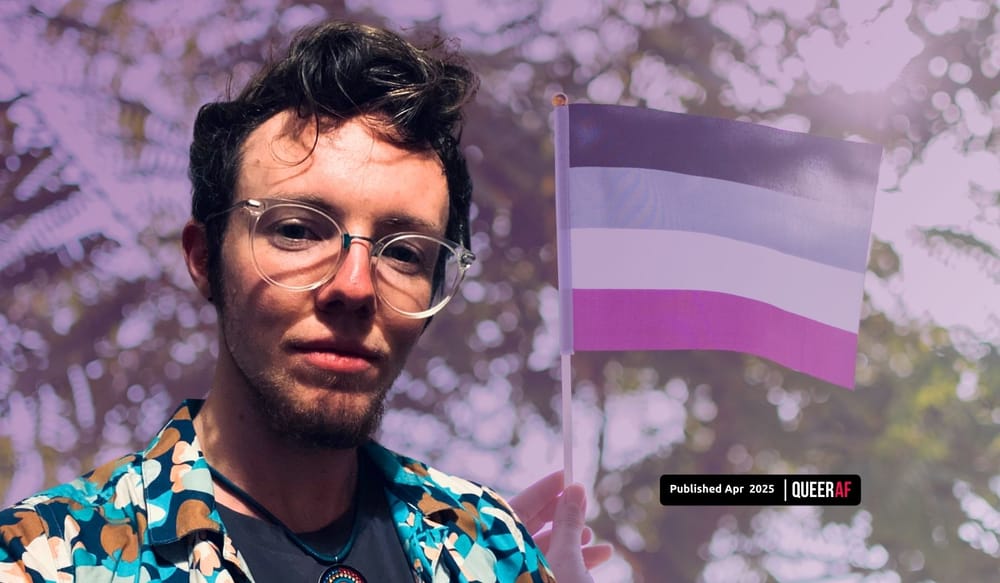
For far too long, members of marginalised communities have been met with a dismissive shrug of the shoulders when they report harassment, both inside and outside of the workplace.
So there is a relevant lesson for all of us in Chappell Roan’s approach to setting boundaries with her ‘fans’. And it’s one that goes deeper than how we interact with celebrities. We can apply it to our own lives and our experiences facing unwanted attention.
Watching Chappell Roan first initiate this conversation via her Tik Tok account, it became evident that we were witnessing something simple but game-changing: a new celebrity setting necessary boundaries with the general public.
Sadly, the experiences that prompted her video are ones that almost all queer people, especially queer women, have faced at some time.
Roan questions the audience about how they would treat strangers vs celebrities, asking “would you be offended if she says no to your time because she has her own time?”
This desire to clock out of work when the workday has ended is reminiscent of the continuous labour that we expect of women outside of paid work hours. Recent surveys suggest that women take on an average of 26 hours of unpaid labour per week, compared to the 16 shouldered by men - Stylist
But we face harassment while we’re doing paid work too - the Me Too movement was a global wake-up call to the kinds of sexual harassment that women typically face in the work environment.
Queer women are sadly even more likely to experience workplace sexual harassment than non-queer women. In a 2019 survey, more than a third of LGBTQ+ women and over half of LGBTQ+ BME women reported that they had been victims of groping.
Roan later confirmed in a Rolling Stones interview that her video was partially prompted by her experience of sexual assault by a ‘fan’.
Some have been sceptical as to whether setting these boundaries so firmly will help, with some people espousing a ‘that’s just how it is’ attitude that’s all too common.
This type of defeatist attitude to change that only holds back progress for queer people, and women especially.
Female artists such as Paris Paloma have thanked Roan for her stance, stating that their comments have helped them set boundaries and they can ‘only imagine the scale on which her behaviour is positively affecting so many people’.
This proves that speaking out about negative experiences and fighting for change can encourage others to do the same - with positive results.
Women, whether or not they are queer or famous (or neither), still have to contend with the idea that they owe their time to others and that boundaries are negotiable.
Hopefully, Roan’s example can embolden more of us to establish these boundaries in our own lives.

Get the Queer Gaze in your inbox each week with our free weekly newsletter or pitch to write an edition for us now.
Fighting for our rights can feel, at times, unobtainable.
That's why we desperately need to improve the media landscape.
We're doing that by helping queer creatives improve the way they communicate about our rights.
We're obsessed with communication. Knowing what's happening isn't enough. Awareness isn't enough. We need action.
That's why we don't just write the news, but we make sure you understand it.
When you know why it's happening, your limbic brain (the bit that processes your emotional responses) gets very excited. It drives action. Purpose. Understanding.
That's what we're teaching our writers about - not just good journalism practices, but how to show people why queer rights actually rock.
Alongside this massive newsletter, it's a big commitment. We're up to the task, but we can't do it without you. If you think what we do is valuable, please consider a membership.











